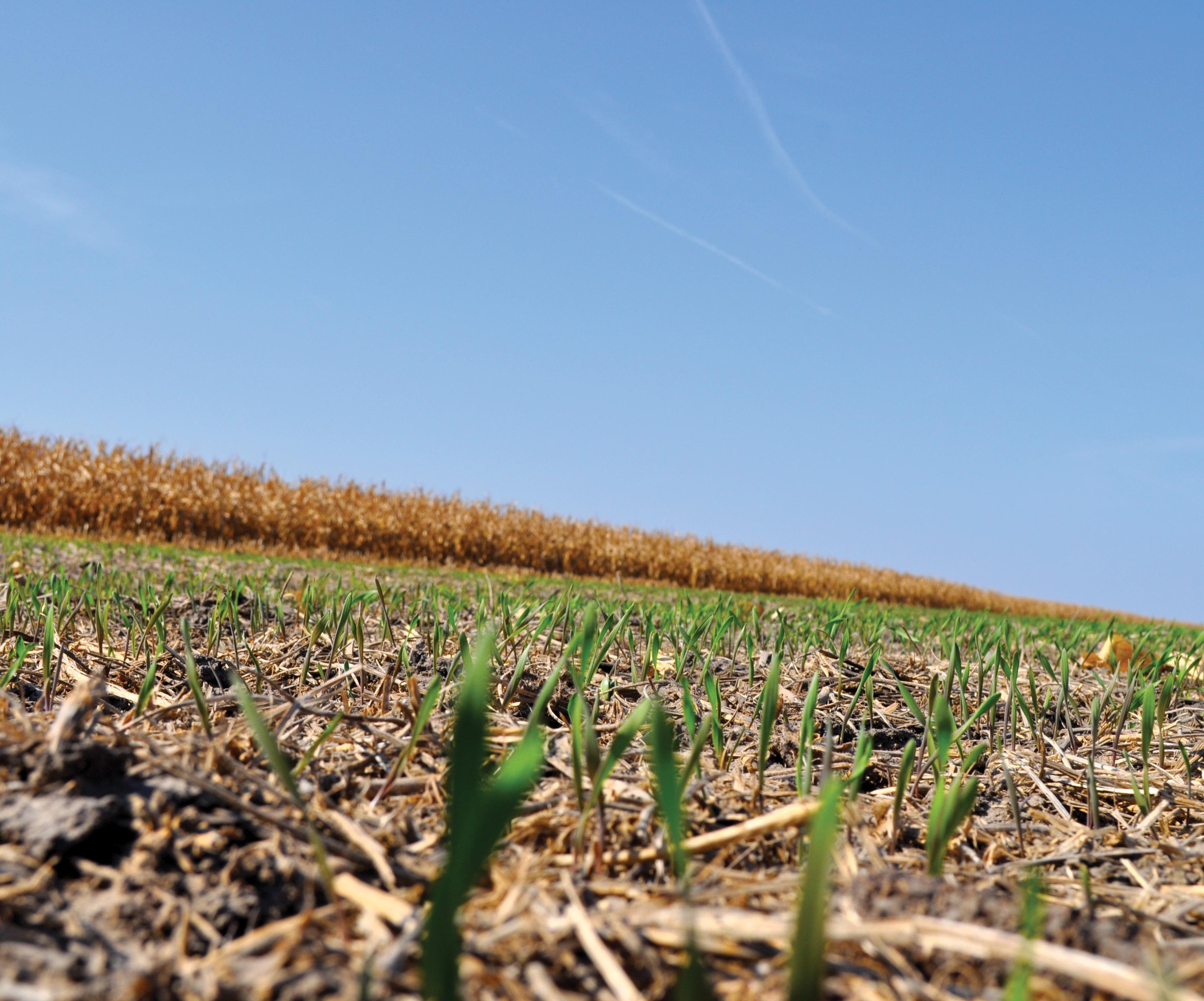Q&A: Agricultural Carbon Markets
Agricultural carbon markets present opportunities for farmers to be paid for practices that sequester carbon. Before agreeing to any carbon program contract, you should make sure you understand all the program requirements, have all your questions answered regarding these developing markets and discuss the program terms with your trusted advisors. You should start your decision-making process by asking these fundamental questions:

1. What practices are covered under the agricultural carbon market program?
Most programs include reduced till, no-till, cover crops and nutrient use practices.
2. What are the program’s additionality requirements?
Programs typically only allow growers implementing a new practice or expanding an existing one to additional acres for the first time to enroll for the sake of complying with the “additionality” requirements sought by registries or offset end-users. Programs paying farmers for a practice they adopted in prior years are rare.
3. Can the carbon program be stacked with other programs?
Private voluntary carbon offset programs do not allow the same acres to be enrolled in multiple carbon offset programs. However, some programs do allow farmers to enroll the same acres in other cost-share initiatives that are not directly related to carbon offsets (e.g., a water-quality program).
4. Are there requirements for land ownership or control?
Some programs require ownership of contracted land or some other way of ensuring the land cannot easily change renters for the length of the contract.
TWO TYPES OF CARBON MARKETS
In practice-based programs, farmers are paid for implementing specific practices across their acres. These programs come with less risk to the farmer, but also less upside potential.
In outcomes-based programs, farmers are paid based on the amount of carbon sequestered. These programs offer more upside potential for farmers, but also more risk.
HOW IS CARBON MEASURED?
Several major models are used to measure carbon sequestration. Some companies use their own proprietary models. Make sure to ask what farm information will be used to measure carbon sequestration and generate the corresponding payment.
WHAT ARE THE PROGRAM’S DATA REQUIREMENTS AND POLICIES?
Most programs require some level of historical data on past practices and farm performance, including yield and soil test results. Find out what historical and real-time data companies will need, how they’ll use it, and how much time and effort will be required to provide it. Also make sure you understand and are comfortable with the company’s data transparency and security policies. Companies should be clear about if/how farmer data will be used and shared.
SHOULD A GROWER PARTICIPATE IN AN AG CARBON PROGRAM?
Ultimately, this decision is a very personal one that hinges on the operation and its goals. Talking to other farmers who are enrolled in carbon programs can also help you understand the pros and cons of participating.


Scan this QR code to take you to the membership page. iowacorn.org/join
